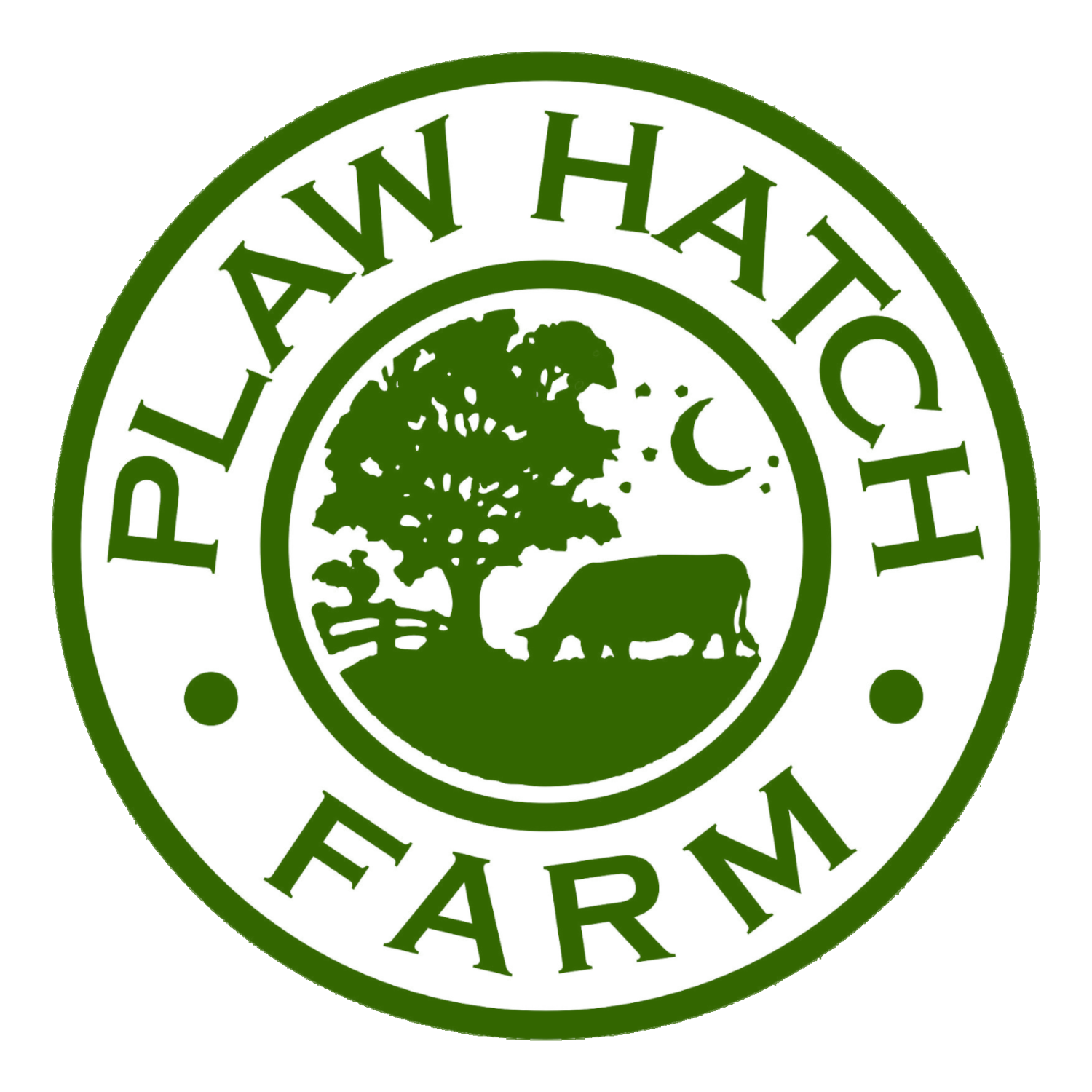RAW MILK
What is raw?
Plaw Hatch bottled milk is unpasteurised and unhomogenised. Pasteurisation is where the milk is heat-treated to destroy the bacteria, whilst homogenisation involves forcing the milk through tiny jets to break down the larger fat molecules into smaller ones. Instead, our milk goes directly from milking through a filter and is quickly cooled and bottled. We believe this allows the nutrients and bacteria naturally occurring in the milk to be preserved, as well as the flavour. Being unhomogenised, the cream rises to the top of the bottle if left undisturbed.
Health
There has been some concern over raw milk as there are potentially harmful bacteria that can be present if they are not destroyed by pasteurisation, and there have been a couple of cases of illness associated with raw milk. However, we believe it is possible with good practices to produce raw milk that is safe for humans, as Plaw Hatch has been doing for over 30 years. The key to this is looking after the well-being of the cows and very rigorous hygiene throughout the process.
Regulation
Raw milk is a highly regulated product. We are inspected by the Food Standards Agency who take samples of our milk for microbiological testing. In addition to this, we have our own weekly laboratory testing regime to check for both pathogens and hygiene indicators to ensure our food safety practices are working well. We also test the milk of each cow separately for its somatic cell count, which gives an indication of udder health. Raw milk must be labelled with a health warning (as you will see on our reusable glass bottles) and may only be sold at the farm of production or a few other specifically permitted sales routes. This is why our milk is only available from our farm shop. Our cows are tested for bovine tuberculosis annually and we maintain our status of being 'Officially TB Free' to be able to sell raw milk. In order to maintain the hygiene of the herd, we move the cows to fresh pastures regularly and giving them fresh bedding in the Winter, so they can lie down in a clean environment, and we clean their teats before milking. All of the milking and bottling equipment, as well as the bottles, are cleaned and disinfected thoroughly with each use (in fact, a large proportion of the work in the dairy and milking parlour is cleaning!)
What makes our milk superior?
The quality of the milk can be traced all the way back to the quality of the soil. Where the soil is healthy it will support a diverse range of nutritious plants for the cows to eat. Feeding concentrates to cows (as is done in most conventional dairy) yields more milk, but can put the rumen pH and microbiome out of balance, so we feed a natural, grass-based diet, which is what cows have evolved to digest. Giving the cows lots of space and maintaining and promoting a stress-free environment also contributes to the quality of the milk. We also use a holistic approach to their health when we can, using herbal and homeopathic medicines to support our herd.


